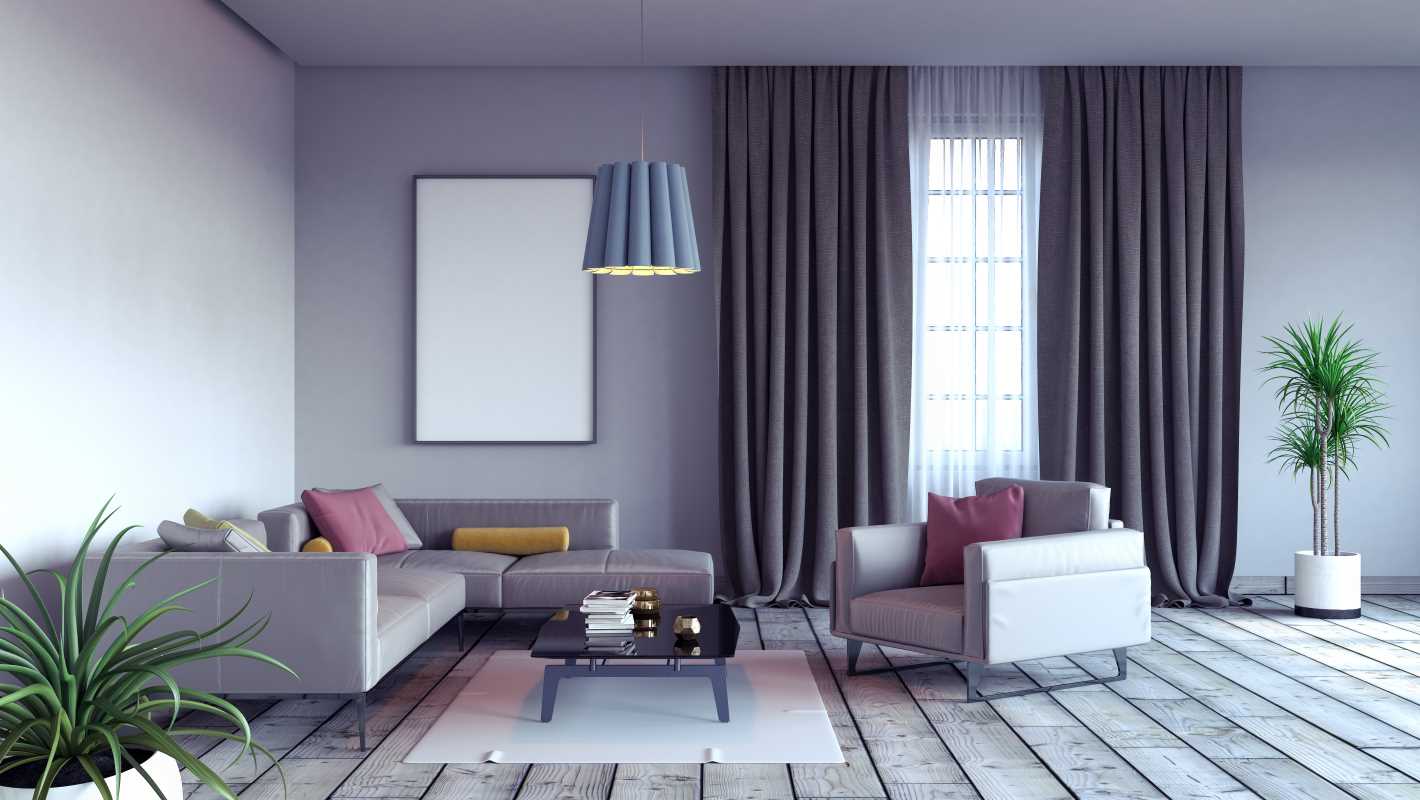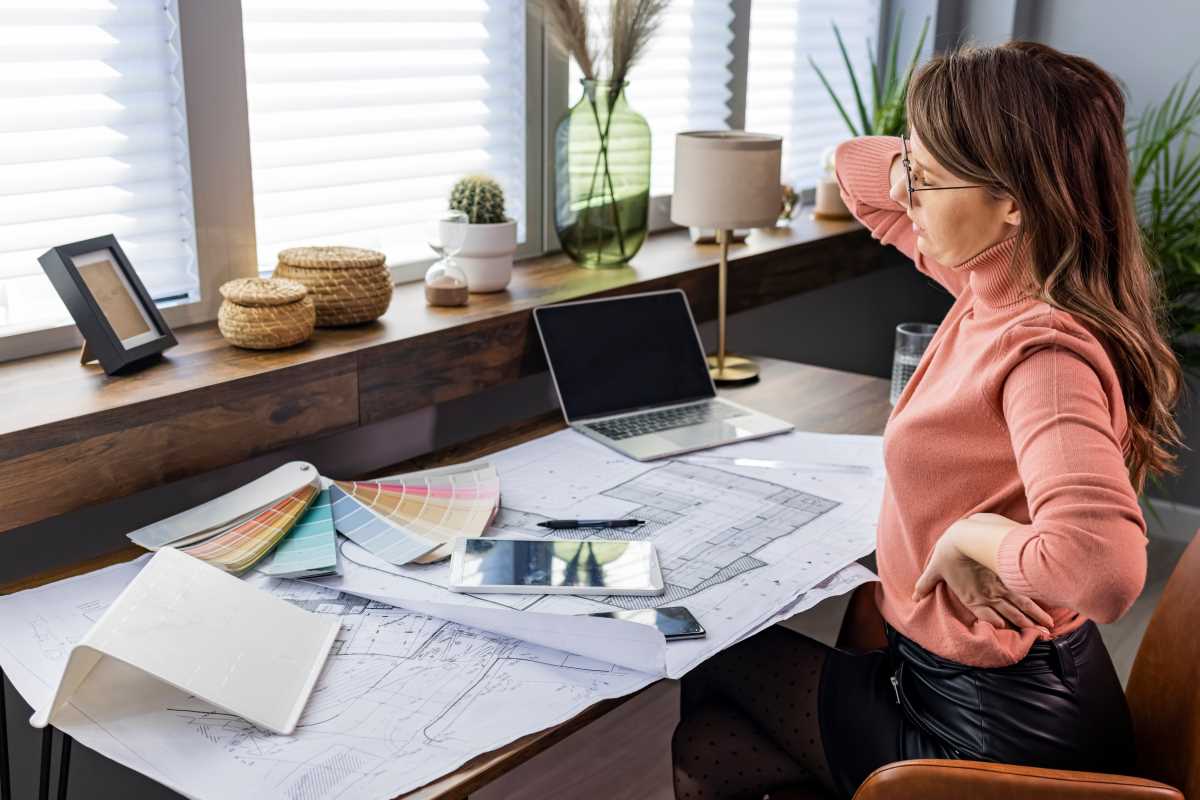Welcome to your journey towards creating a peaceful and stress-free living space. Whether you're navigating daily challenges or simply seeking a calming retreat, adapting your apartment into a safe and serene environment is entirely achievable. Let’s explore how you can transform your home into a sanctuary that accommodates your unique needs and fosters tranquility.
Understanding the Importance of a Zen Sanctuary
A Zen sanctuary is more than just a beautifully decorated space; it's a personal retreat that provides solace from the hustle and bustle of everyday life. For individuals living with disabilities, having a dedicated area that promotes relaxation and reduces stress is essential for overall well-being. Research has shown that a calming environment can significantly improve mental health, enhance concentration, and even aid in physical healing.
Creating such a space involves thoughtful planning and intentional design choices. By prioritizing comfort, accessibility, and aesthetic harmony, you can craft a home that supports your lifestyle and enhances your quality of life. Whether through soothing colors, functional layouts, or adaptive furnishings, every element plays a role in building a sanctuary that truly feels like home.
Practical Layout Adjustments for Accessibility
- Ensure wide pathways that accommodate mobility aids like wheelchairs or walkers, providing easy navigation throughout your apartment.
- Lower shelves and cabinets to make storage accessible without the need for step stools or reaching high places.
- Install grab bars and handrails in key areas such as bathrooms and hallways to offer extra support and safety.
- Arrange furniture to create open spaces, minimizing obstacles that could cause tripping or hinder movement.
- Use non-slip flooring materials to enhance safety, especially in areas prone to moisture like kitchens and bathrooms.
Incorporating Stress-Reducing Elements
Integrating elements that promote relaxation can significantly reduce stress levels. Consider introducing soft textiles like plush rugs and comfortable cushions that invite you to unwind. Aromatherapy with essential oils or scented candles can also create a soothing atmosphere, helping to calm the mind and body.
Incorporating personal touches such as photographs, artwork, or meaningful decor items can enhance the emotional comfort of your space. These familiar and cherished items can provide a sense of stability and happiness, making your apartment feel truly personalized and welcoming.
Choosing Adaptive Furniture and Decor
- Adjustable Chairs and Tables: Opt for furniture that can be easily adjusted to suit your specific needs, ensuring comfort and ease of use.
- Ergonomic Lighting Solutions: Select lamps and lighting fixtures that reduce glare and provide adequate illumination without causing eye strain.
- Multi-functional Storage Units: Use pieces that offer both storage and accessibility, helping to keep your space organized and clutter-free.
- Supportive Bedding: Invest in mattresses and pillows that offer the necessary support to enhance sleep quality.
- Accessible Kitchen Appliances: Choose appliances designed for ease of use, such as those with larger buttons or voice-activated controls.
Lighting and Sound Considerations
Proper lighting is crucial in creating a welcoming atmosphere. Natural light can enhance the mood and make spaces feel more open, while soft artificial lighting can provide a cozy ambiance during the evening hours. Consider using adjustable lighting options to control the intensity and direction of light, tailored to your specific needs.
Sound also plays a significant role in your living environment. Incorporating soundproofing elements or using white noise machines can help minimize disruptive noises, creating a peaceful retreat. By thoughtfully managing both light and sound, you can craft a Zen sanctuary that supports relaxation and reduces stress.
Incorporating Nature and Greenery
Bringing elements of nature into your home can greatly enhance its calming effect. Houseplants improve air quality and add a touch of natural beauty that can help reduce anxiety. If you're new to indoor gardening, choose low-maintenance plants like succulents or snake plants.
Natural materials, such as wood or stone, can also be incorporated into your decor to connect with the outdoors. Consider adding natural fiber rugs, wooden furniture, or stone accents to bring warmth and texture to your space. These elements help create a harmonious environment that reflects the tranquility of nature.
Transforming your apartment into a Zen sanctuary is a meaningful step towards achieving a more balanced and stress-free life. By making thoughtful adjustments and incorporating elements that cater to your unique needs, you can create a living space that not only accommodates your disability but also nurtures your well-being. Take the first step today and begin crafting the peaceful home you deserve.







